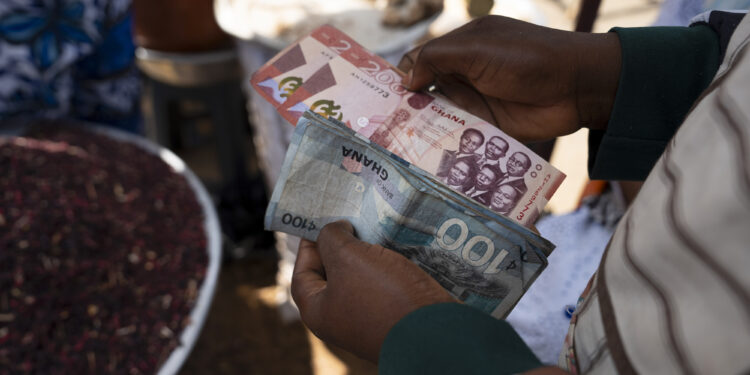Financial NGOs Seek Flexible Regulatory Framework to Bolster Financial Inclusion
Financial non-governmental organisations in Ghana have called for a tiered regulatory framework to ease the strain of central bank rules on smaller institutions, warning that the sector risks being hampered by rigid oversight in the absence of a national policy.
At the 8th Annual General Meeting of the Ghana Association of Financial NGOs (GHASSFIN), national chairman Spencer Badu argued that while the current minimum capital requirement of GHS 300,000 ($20,000) remained appropriate, uniform supervisory standards imposed by the Bank of Ghana were ill-suited to the disparate capacities of operators.
“The GHS 300,000, which we have held for years, is okay. But in terms of regulating the entities, if the central bank itself is regulating the entities, then the standards are very high,” Mr Badu said. “We are asking for a tier where the central bank has oversight and partners with the association to do the monitoring of their activities.”
Ghana’s microfinance sector, long viewed as central to advancing financial inclusion in rural communities, has been under strain following a series of regulatory clean-ups in recent years that wiped out hundreds of poorly capitalised lenders. While the central bank has emphasised stability, industry leaders argue the absence of a coherent policy framework leaves institutions vulnerable.
Mr Badu urged the government to revive efforts to pass a national microfinance policy, stalled for several years. “The policy was almost ready a few years back but it didn’t get passed. Let’s hope this government in the next four years will be able to prioritise that policy and get it in place, because the policy should have come before regulation,” he said.
Delivering the keynote address, rural finance consultant David Andah warned that without deliberate innovation and policy backing, financial NGOs would struggle to cope with the rising costs of serving vulnerable communities, particularly in the face of climate shocks. “We are being asked, are you financing resilience or financing vulnerabilities? What were the effects of climate change on your balance sheets?” he said.
The symposium, held under the theme, “The Future of FNGOs: Driving Development in the Face of Policy Changes, Regulatory Demands, and Climate Change,” brought together policymakers, regulators and sector leaders. Participants stressed that aligning regulation with capacity, while embedding climate resilience in financial strategies, would be critical to sustaining the role of microfinance in Ghana’s development finance architecture.








